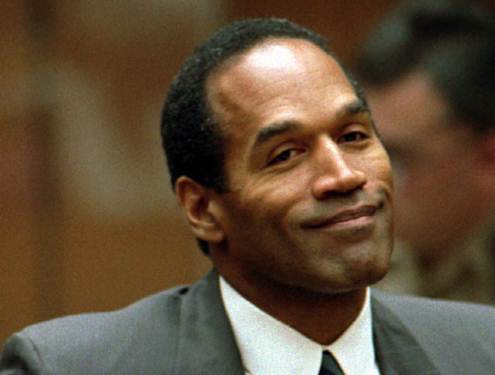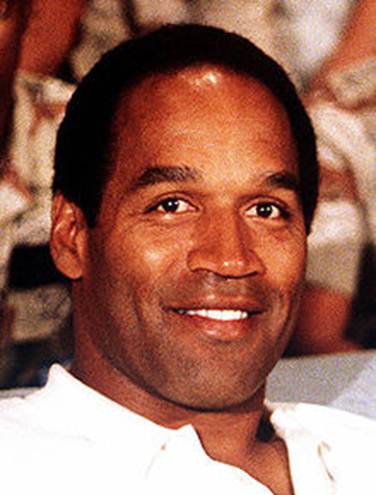Sometimes there’s more to what makes people
confess than just a guilty conscience.
Guilty but not as charged
Twitter was flooded with outraged comments
recently, when Afro-soul singer Simphiwe Dana confessed to having an affair
with a married father. Since no one had found out about it, it seemed strange
that she would risk public scorn for the sake of a clean conscience. It turns
out there was another motivating factor — she wanted to dismiss allegations
that she was having a lesbian affair with businesswoman Lebo Keswa. She told
City Press: ‘Lebo is my friend and my patron. She is not my lover. I’m involved
with a man... and yes, he is married.’ She went on to defend herself: ‘I fell
in love. I didn’t plan it and neither did he, but it happened. Yes, I feel
guilty for hurting people, but my problem is being criminalized for falling in
love. How can being in love be wrong? He is not divorced, but he and his wife
don’t even live in the sane province. i don’t want to be the one to break up
his family... My father was a serial philanderer and I never want to put any
woman through that kind of pain... I’d just like people to understand where I’m
coming from ... and also dismiss the other allegations for the nonsense they
are.’

Sometimes
there’s more to what makes people confess than just a guilty conscience.
Please forgive me...
Of course, if you’ve already been outed,
there’s no harm in admitting guilt — more often than not it’s just a PR
exercise to ward off public condemnation. These days, public figures coming
forward to apologise for their misdemeanors (when they had already been found
out) has become a common sight. In 1998, it was Bill Clinton, apologizing for
his ‘inappropriate’ relationship with Monica Lewinsky. Then in 2010, Tiger
Woods was revealed to be a serial philanderer, and he decided to handle the
public outcry with a televised speech:
‘I want to say to each of you simply and
directly: I am deeply sorry for my irresponsible and selfish behaviour I
engaged in. For all that I have done, I am so sorry. I have a lot to atone
for.’

For
all that I have done, I am so sorry. I have a lot to atone for.
We’ve had our fair share of scandals
locally too. In 2009, after months of denial and claiming that he was the
victim of a smear campaign, Joost van der Westhuizen eventually confessed to
Rapport that he vas the man in the controversial ‘Joostgate’ video, caught on
tape performing sex acts and doing drugs. ‘It’s me in the video and I’m very, very
sorry that I lied. Please forgive me.’
Steve Hofmeyr publicly warned him of the
consequences, telling him that ‘the bloodthirsty public will want answers’. In
his book, Joost: Man in the Mirror, he tells of the guilt he felt for lying.
‘That fact that I was living a lie consumed me.’
Murder, he wrote
One of the most chilling pseudo confessions
in recent history has to be by experience-American football player and murder
suspect O.J. Simpson – a catharisis without repercussions, you might say. Back
in 1995, and LA jury had acquitted Simpson of killing his former wife, Nicole
Brown Simpson, and her friend Ronald Goldman, in spite of what seemed like a
mountain of incriminating evidence.

One
of the most chilling pseudo confessions in recent history has to be by
experience-American football player and murder suspect O.J. Simpson – a
catharisis without repercussions, you might say
The case got a lot of publicity, and for
years after, many people still doubted that O.J. was innocent. Not that he did
much to counteract that impression — in Esquire, Simpson was quoted as saying,
‘Let’s say I committed this crime... Even if I did this, it would have to have
been because T loved her very much, right?’ Then in 2007. he went a step
further with the help of ghost writer Pablo Fenjves, OJ. wrote a tell-all book
entitled If I Did It: Confrssions of the Killer, detailing how he would have
committed the crime ‘if he had done it’. In Fenjves’s prologue, he writes that
the original publisher (Judith Regan, who was later tired by the publishing
company) had told him that the confession was real. ‘He wants to confess,’ she
said, ‘and I’m being assured it’s a confession. But this is the only way he’ll
do it.’
Fenjves also writes that during their
sessions, O.J. had said: ‘I don’t know what the hell you want from me. I’m not
going to tell you that I sliced my ex-wife’s neck and watched her eyes roll up
into her head’.

‘I
don’t know what the hell you want from me. I’m not going to tell you that I
sliced my ex-wife’s neck and watched her eyes roll up into her head’.
Simpson told Fenjves that he had included
some errors in the retelling. ‘I treated it as fiction,’ he said. ‘I
purposefully didn’t correct some of the mistakes, because if the time comes
that I have to defend myself, I can say, “Hey, look, it can’t be me because
that couldn’t have happened.” The book caused a lot of controversy — some felt
that O.J. was cashing in on his infamy. It was eventually cancelled by
HarperCollins, but after a long court battle, the Goldman family won the rights
and got it published through Beaufort Books.